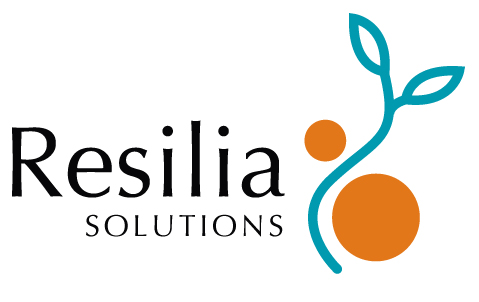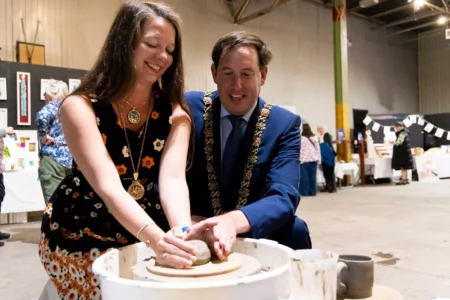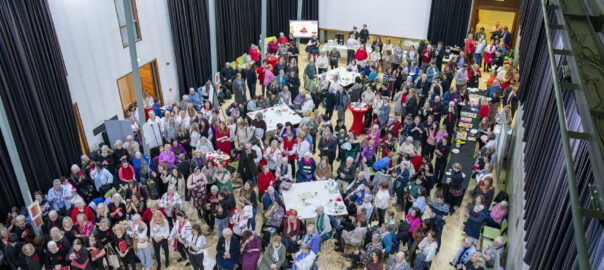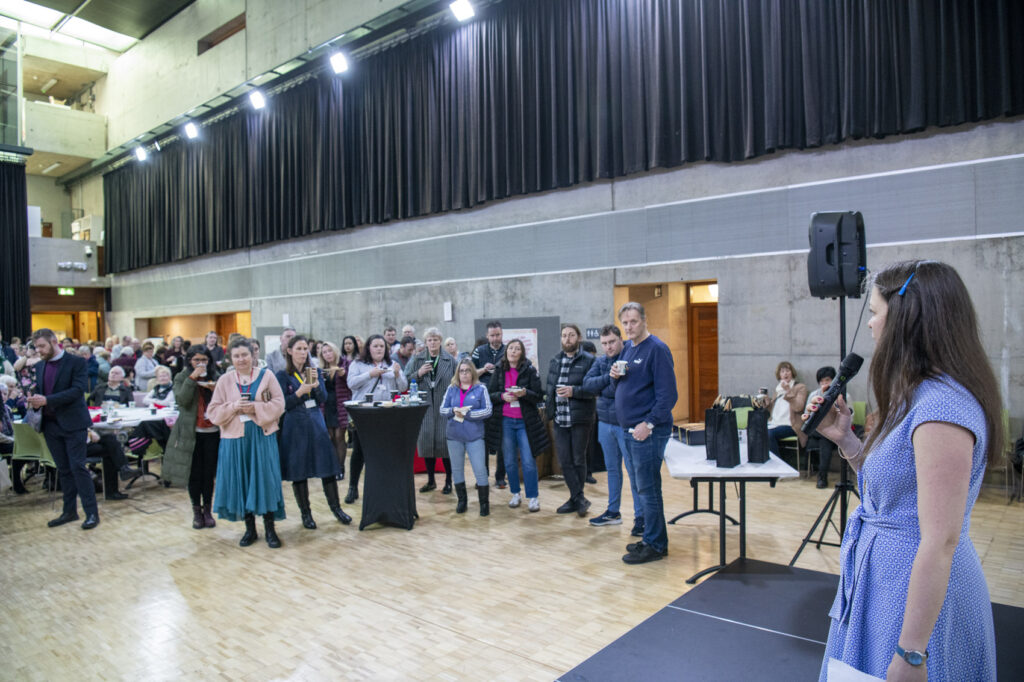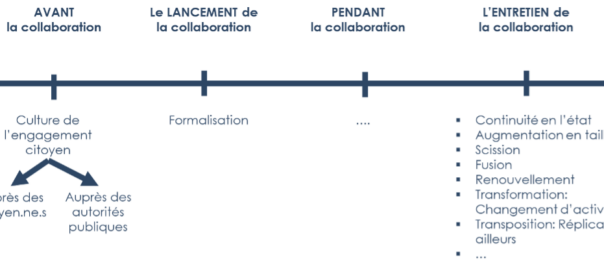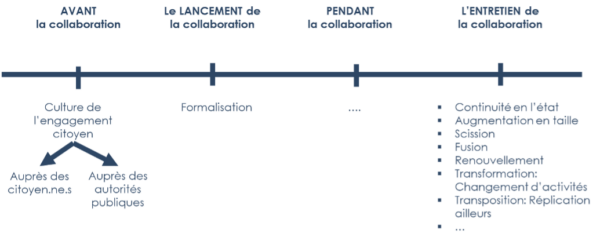
It’s been a great adventure, a great honour and privilege to be the Lady Mayoress of Cork in 2023-2024.
I can also say that we, as a couple, have survived to it! It has made us stronger but also set the ground for our relationship.
I was also totally new to cork. Now I think I have a better knowledge of the city of Cork and probably higher than most people I know in terms of community and other types of activities.
I was actually very impressed by all the community activities of the City of Cork. I don’t know if that’s a specific Irish characteristic : if I compare to Belgium – where I have been for 17 years, and France were – I was born, and grew up, we, for sure don’t have such a strong tradition of community life. It’s very interesting to see these dynamics and energy that come from people, to work together on many topics just to make a better city, really.
Continue reading